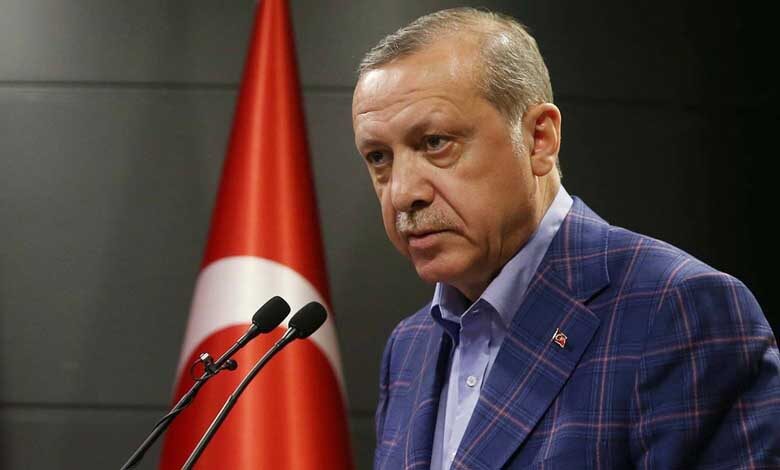Turkey: The worst economic decline in President Tayyip Erdogan’s term

Data showed on Thursday that Turkey’s foreign trade deficit has increased beyond $45 billion this year, within the continuing repercussion of coronavirus pandemic in the worst economic decline in President Tayyip Erdogan’s term almost two decades in power.
The loud trade imbalance, including a raise of $5 billion just in November, approached the $55 billion deficit recorded in 2018 when a currency crisis marked the end of years of hot economic growth fuelled by cheap foreign credit.
Year-on-year growth has reached since mid-2018, about 0.5% because of a roller-coaster of recession, strong recovery, and another deep contraction in the second quarter of 2020, when the economy was frequently shuttered to confront COVID-19.
Before that, constant annual growth of about 5% pushed Erdogan to five continuous election wins, the last in 2018. However, since then, the lira value has reduced and it was decreased on Thursday to 0.5%.
Furthermore, it has lost 20%, during the year alone, versus the dollar, which constitutes the second-worst performance within emerging market currencies, although the increase in the last two months since Erdogan repaired his economic leadership and promised a new, market-friendly era.
Indeed, economists expect the $760-billion economy to hardly avoid a contraction in 2020. Otherwise, procedures to confront COVID-19 that has killed almost 21,000 people in Turkey have reduced key tourism revenues in a country previously heavily reliant on imports.
Moreover, a dollarization trend, including a record $235 billion in local hard-currency deposits last week, aggravated the chronic trade deficit. The Turkish Statistical Institute said that the deficit in the first 11 months of the year reached about 83%. Exports declined by 8.3% whereas imports rose 3.5%.
In early November, Erdogan nominated Naci Agbal as central bank governor and he has since raised rates by 6.75 percentage points to calm double-digit inflation, while the bank’s policy minutes indicated on Thursday that price pressures could increase.
Gedik Investment Research stated in a note: With a tight monetary policy stance (and) potentially falling current account deficit, we believe the nominal strengthening in the lira … may remain relatively stable in 2021.
Erdogan also nominated a successor to Berat Albayrak, his son-in-law, who shortly resigned as finance minister in early November. Thereafter, foreign investor inflows reached some $15 billion after years in the other direction. Istanbul’s main stock index has also increased since early November and is set to end the year almost 30% higher.












